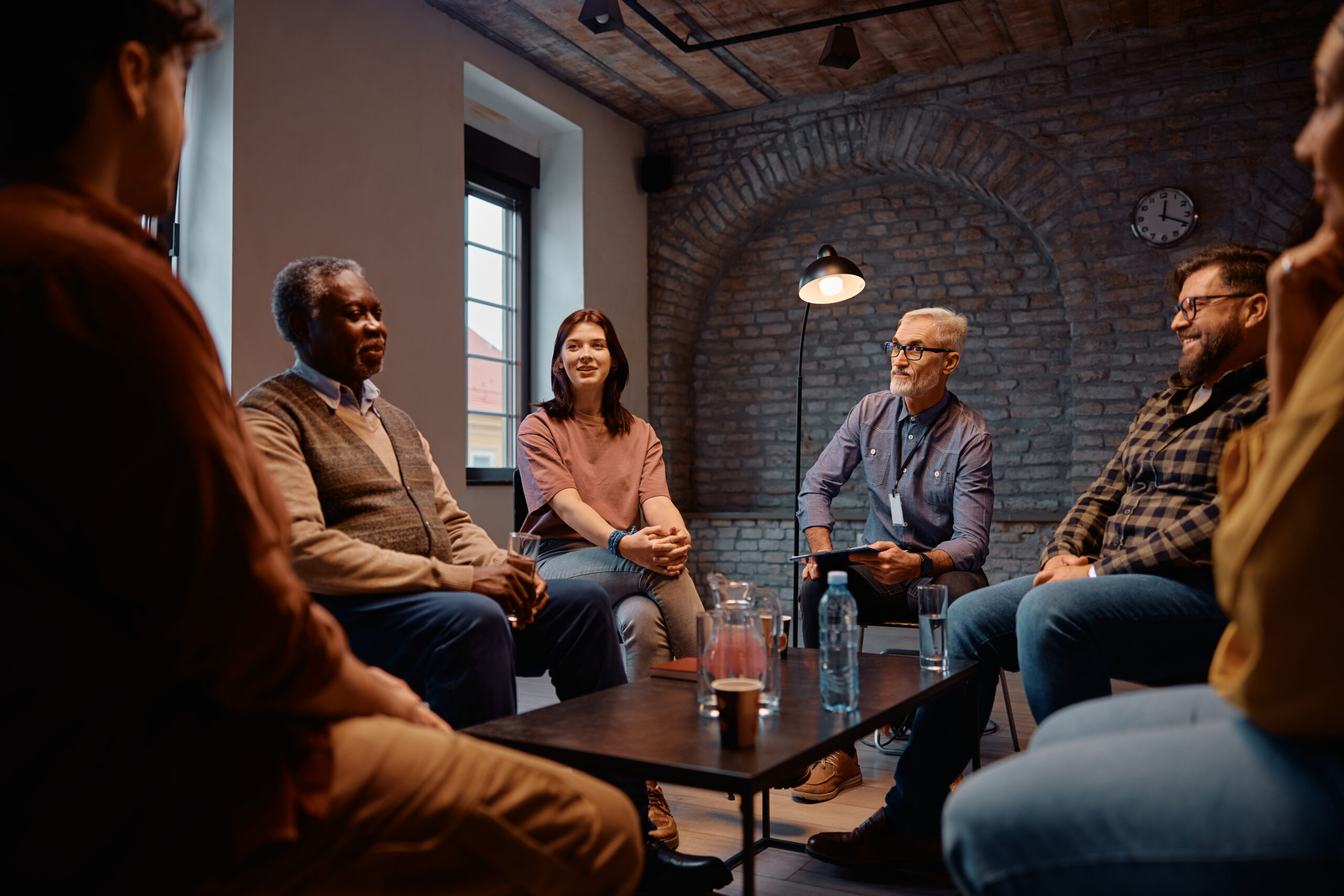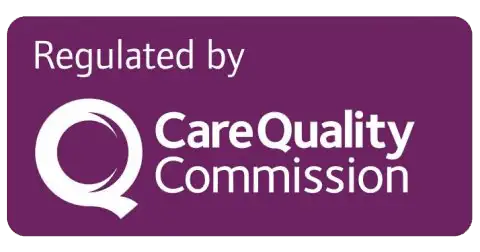Recovery from addiction is a deeply personal journey, but it doesn’t have to be faced alone. One of the most valuable tools in overcoming addiction is peer support—connecting with others who have faced similar struggles and understand the challenges of staying sober.
At The Wellbourne Clinic, we believe in the transformative power of community and shared experience. Whether through support groups, recovery meetings or simply finding a sober network, peer support plays an essential role in maintaining long-term recovery. In this blog, we explore the importance of peer support, its benefits and how to connect with others on the same journey.

What Is Peer Support in Recovery?
Peer support refers to mutual encouragement, guidance and understanding shared between those in recovery. This is different from seeing a therapist, where you talk to a trained expert. Instead, you build connections with people who’ve walked the same path of addiction and recovery.
Peer support can take many forms, including:
- 12-Step Programmes (Alcoholics Anonymous, Narcotics Anonymous)
- Non-12-Step Groups (SMART Recovery, Refuge Recovery)
- Sober Living Communities
- Online Recovery Communities & Forums
- One-on-One Peer Mentorship
- Group Therapy with a Peer-Led Approach
These connections are super valuable because they offer comfort, motivation and the chance to learn from others’ experiences. It reinforces the fact that you don’t have to go through recovery by yourself.
The Benefits of Peer Support in Addiction Recovery
1. Less Isolation and Loneliness
Addiction often leads to isolation, making people feel disconnected from family, friends and society. Engaging in peer support helps rebuild social connections and provides a sense of belonging, which is important for emotional well-being.
2. Shared Understanding & Encouragement
Talking to someone who has walked a similar path offers validation and comfort. Peer support groups allow people to share their struggles and victories with people who truly understand what they’re going through.
3. Accountability & Motivation
Staying sober can be challenging, especially when faced with triggers or cravings. Having peers who believe in you and remind you how far you’ve come is very motivating. Knowing that others are invested in your success makes it easier to stay on track.
4. Learning New Coping Strategies
Recovery is about growth and learning, and peer support offers a huge amount of lived experience. Listening to others share their coping mechanisms, relapse prevention techniques and healthy lifestyle changes can provide practical tools to navigate personal challenges.
5. Boosting Self-Esteem & Confidence
Helping others on their recovery journey is just as helpful for you as getting help yourself. When you help someone else succeed, it builds your confidence and strengthens your own dedication to staying sober. Being part of a recovery community gives you a sense of purpose and makes you feel good about who you are.
6. Long-Term Sobriety Success
Studies show that people who engage in peer support groups have higher rates of long-term sobriety. According to research, those who participate in mutual aid groups or sober communities are more likely to maintain recovery compared to those who go through it alone.
How to Find & Build Peer Support Networks
If you’re looking to connect with others in recovery, here are some ways to find peer support:
1. Join a Recovery Group
Getting involved with well-known support groups like Alcoholics Anonymous (AA), Narcotics Anonymous (NA), or SMART Recovery can help you meet people who understand what you’re going through. These groups often have both in-person and virtual meetings, so you can choose what works best for you.
2. Seek Sober Living Communities
Living in a sober home or recovery-oriented housing provides a supportive environment where people help each other stay accountable. These communities often lead to lasting friendships and provide everyday encouragement to stay on track.
3. Engage in Therapy-Based Support Groups
Many addiction treatment facilities, such as The Wellbourne Clinic, offer group therapy programmes. These sessions let you share your experiences and learn from others in a guided environment that’s all about healing and growth.
4. Use Online Recovery Forums & Apps
If you’re comfortable with virtual interactions, online AA sessions offer round-the-clock access to a worldwide network of people on the recovery journey.
5. Volunteer & Give Back
Taking on the role of a peer mentor or guiding someone through their recovery can reinforce your dedication while assisting someone else. Contributing to others’ well-being builds resilience and solidifies the principles of sobriety.
Peer Support at The Wellbourne Clinic
At The Wellbourne Clinic, we integrate peer support into our treatment programmes because we know that connection fuels recovery. We offer:
-
- Group Therapy Sessions led by experienced professionals with peer involvement
- Alumni Networks to keep you connected after treatment
- Aftercare Support Groups for ongoing encouragement and accountability
- One-on-One Peer Mentorship for personalised guidance
We believe that healing happens together, and our goal is to ensure that every person who walks through our doors feels supported—not just during treatment, but for a lifetime of recovery.
You Are Not Alone
Recovery is not just about overcoming addiction—it’s about building a fulfilling life surrounded by people who understand and support you. The power of peer support lies in its ability to replace isolation with connection, fear with hope and struggle with strength.
If you or a loved one is struggling with addiction, The Wellbourne Clinic is here to help. Reach out today to learn more about our comprehensive recovery programmes and how we can support your journey to sobriety.









